„`html
Finding out that your Madagascar eVisa application has been denied can be disheartening. However, don’t let this setback ruin your travel plans. With the right steps and information, you can address the issue effectively. This article will guide you through understanding the common reasons for denial, what actions to take next, and alternative visa options available. By following these steps, you can enhance your chances of receiving a visa for Madagascar and ensure that your travel experience goes smoothly.
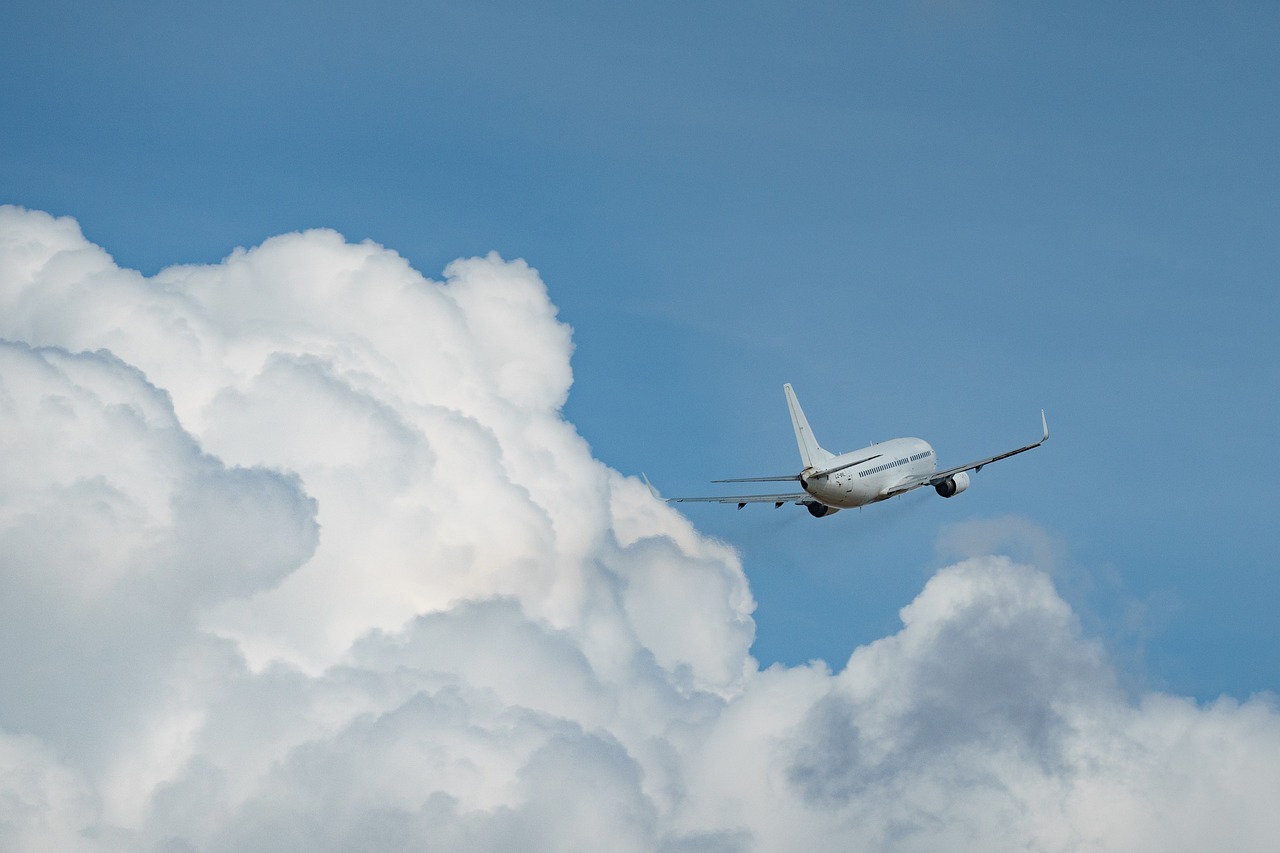
Understanding Madagascar eVisa Denial
Understanding why your Madagascar eVisa application was denied is the first step towards resolving the issue. Common reasons for denial include incomplete applications, incorrect information, or failure to meet the eligibility criteria. Additionally, the impact of COVID-19 has introduced new regulations and requirements that may affect your application. By identifying the specific reason for your denial, you can take the necessary steps to rectify the situation and improve your chances of approval in your next attempt.
Common Reasons for eVisa Denial
There are several common reasons why Madagascar eVisa applications get denied. These include:
- Incomplete application forms
- Incorrect or mismatched information
- Lack of necessary supporting documents
- Failure to meet eligibility criteria
- Passport issues, such as damage or expiration
- Past visa violations or criminal records
- Travel bans or restrictions due to COVID-19
Identifying the specific reason for your denial can help you address the problem directly.
Impact of COVID-19 on eVisa Applications
The COVID-19 pandemic has significantly impacted eVisa applications worldwide, including Madagascar. Travel restrictions and additional health requirements, such as proof of vaccination and negative test results, have become crucial for approval. Delays in processing times are common due to increased scrutiny and changing regulations. Stay informed about current COVID-19 travel guidelines and ensure you meet all health-related requirements to improve your application’s chances of success.

Steps to Take After eVisa Denial
After receiving a denial for your Madagascar eVisa, it’s essential to take immediate and appropriate steps. The first action is to review the denial reason carefully. Next, contacting the support team can provide clarity and guidance on what went wrong and how to correct it. Lastly, reapplying for the eVisa with the corrected information and necessary documents can enhance your chances of approval. Each of these steps is crucial in addressing the denial effectively.
Review the Denial Reason
Upon receiving a denial notice, carefully review the reason provided. This information is typically included in the email or notification you receive. Understanding why your application was denied is crucial for taking corrective action. Whether it’s a missing document or incorrect information, identifying the root cause allows you to address it accurately in your next application.
Contact the Support Team
If the denial reason is unclear or you need further assistance, contact the support team. They can provide detailed explanations and guidance on how to rectify the issue. Most eVisa platforms have a dedicated support team available through email or phone. Reaching out to them can offer valuable insights and help you understand the necessary steps to take before reapplying.
Reapply for the eVisa
After understanding the reason for your denial and gathering the necessary information, you can reapply for the eVisa. Ensure all details are accurate, and all required documents are submitted. Double-check your application form for any errors or omissions. Reapplying with a complete and accurate application significantly increases your chances of approval. Remember to apply well in advance of your planned travel date to accommodate any potential delays.
| Information | Description |
|---|---|
| eVisa Application | Submit online through the dedicated platform with required documents |
| Processing Time | Typically takes a few business days |
| Application Status | Check using Application ID and Passport Number |
| Support Team | Contact for assistance if application remains pending |
| Reapplication | Possible after addressing the issues in the initial application |
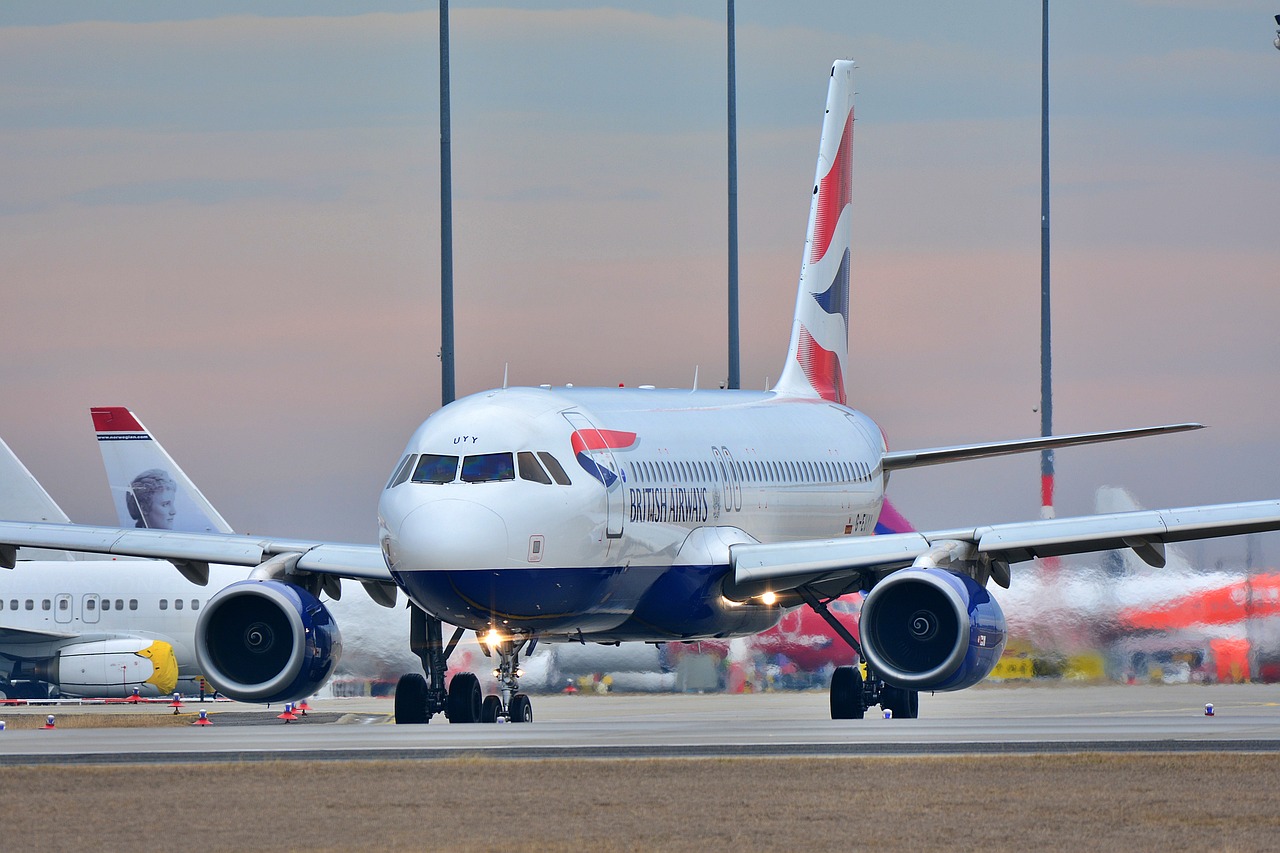
Alternative Visa Options
If reapplying for the eVisa is not an option or you need immediate travel arrangements, exploring alternative visa options is advisable. Applying for a traditional visa at the nearest Malagasy diplomatic mission is one alternative. Another option is understanding the visa on arrival process, which may be a viable solution for some travelers. Knowing these alternatives ensures that you have a backup plan and can continue with your travel plans to Madagascar.
Applying for a Traditional Visa
For those who cannot obtain an eVisa, applying for a traditional visa is a reliable alternative. This process involves submitting your visa application and required documentation to the nearest Malagasy embassy or consulate. Ensure you have all the necessary documents, such as a valid passport, recent photos, and proof of financial means. The processing time can vary, so it’s advisable to apply well in advance of your intended travel date.
Understanding Visa on Arrival
Another option available to travelers is obtaining a visa on arrival. This process allows you to receive your visa upon entering Madagascar, typically at major entry points like Antananarivo airport. The cost varies depending on the length of stay, with options for 15, 30, and 60-day visas. While convenient, it’s important to have all required documents and the necessary fees ready upon arrival to avoid any complications.
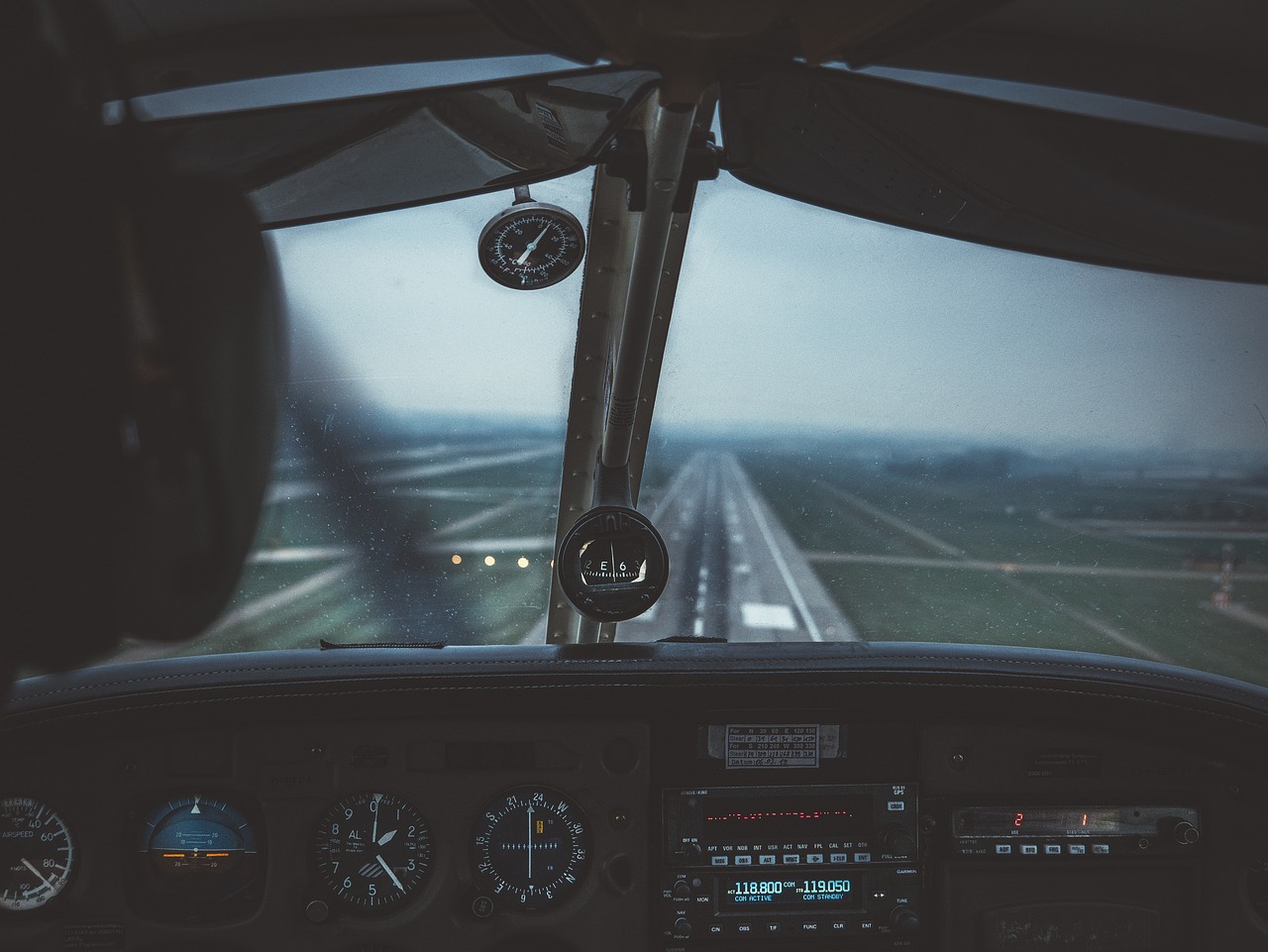
Necessary Documentation and Requirements
Whether you are reapplying for an eVisa or considering alternative visa options, having the correct documentation is essential. Ensuring you have a valid passport, a recent photograph, a yellow fever vaccination certificate, and proof of financial means can streamline the application process. Meeting these requirements is crucial for a successful visa application, regardless of the type of visa you choose to pursue.
Valid Passport
A valid passport is the cornerstone of any visa application. Ensure your passport is not damaged and has at least six months of validity from your planned date of entry into Madagascar. Check the passport number for accuracy and ensure it matches the details in your application. This small step can prevent unnecessary delays or denials.
Photograph
Providing a recent passport-sized photograph is another essential requirement. The photo should meet the specified dimensions and guidelines provided by the visa authorities. Ensure the photograph is clear and taken against a plain background. Adhering to these guidelines can prevent your application from being rejected due to photo-related issues.
Yellow Fever Vaccination Certificate
For travelers from regions with yellow fever risks, a vaccination certificate is mandatory. This document proves that you have been vaccinated against yellow fever, a requirement for entry into Madagascar. Ensure your certificate is up-to-date and keep it accessible during your travel. Failing to provide this certificate can result in denial of entry.
Proof of Financial Means
Providing proof of financial means demonstrates that you can support yourself during your stay in Madagascar. This can include bank statements, proof of employment, or a letter of sponsorship. Ensure these documents are recent and clearly show your financial stability. This requirement helps the authorities assess your ability to sustain yourself during your visit.

How to Avoid Future eVisa Denials
To prevent future eVisa denials, taking proactive steps is crucial. Double-checking application details, submitting all required documents, and applying well in advance are key practices. These measures can significantly reduce the likelihood of errors and ensure a smoother application process. Being meticulous and thorough in your application can save you from the frustration of a denied visa.
Double-Check Application Details
Before submitting your application, double-check all details for accuracy. Ensure that your name, passport number, and other personal information match your official documents. Small errors or inconsistencies can lead to denials, so taking the time to review your application thoroughly is essential.
Submit All Required Documents
Ensure that you submit all the necessary documents along with your application. Incomplete applications are a common reason for denials. Check the list of required documents provided by the visa authorities and make sure each document is accurate and up-to-date. Missing even one document can result in your application being rejected.
Apply Well in Advance
Applying well in advance of your travel date allows ample time for processing and addressing any issues that may arise. Visa processing times can vary, especially during peak travel seasons. Submitting your application early ensures that you have enough time to correct any errors and resubmit if necessary. This proactive approach can prevent last-minute stress and complications.
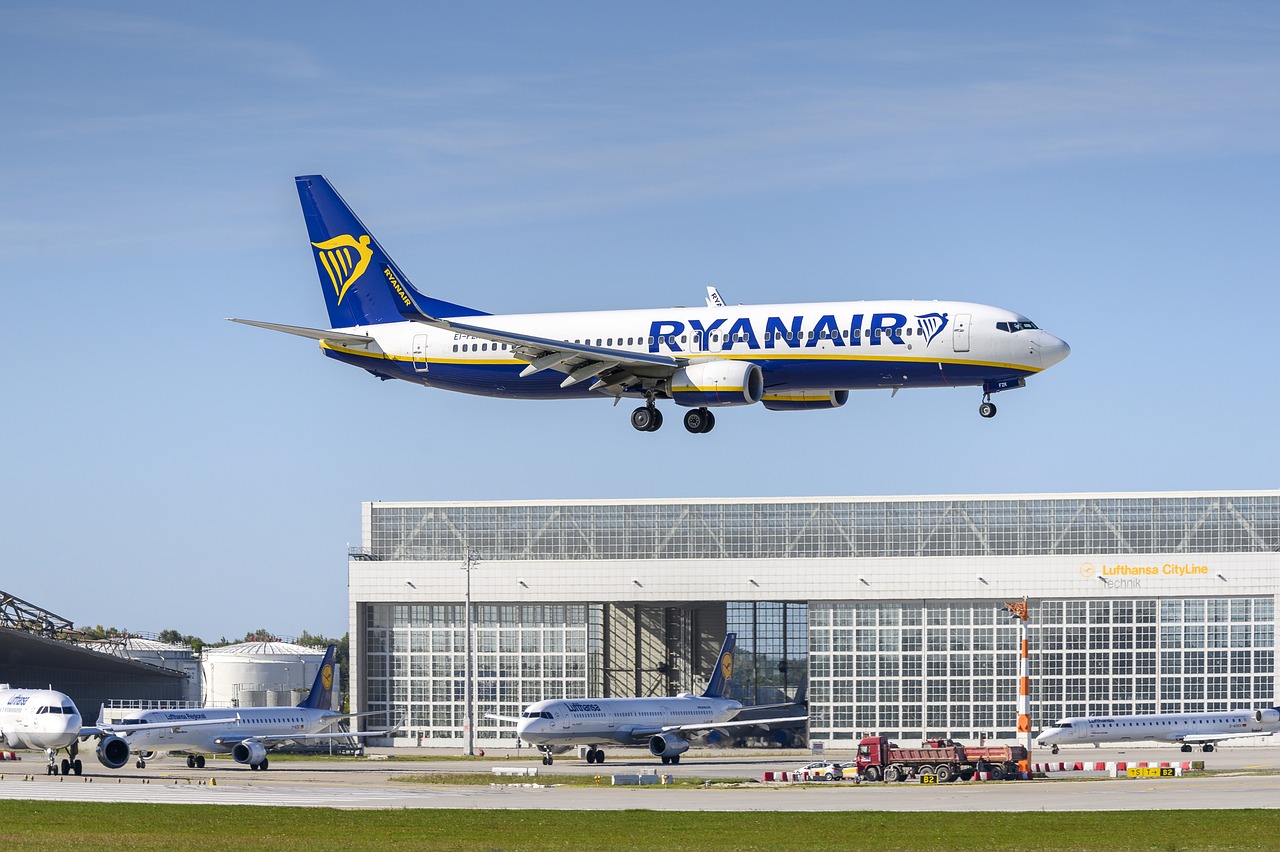
Contacting Malagasy Diplomatic Missions
If you encounter difficulties with your eVisa application, contacting the nearest Malagasy diplomatic mission can provide additional support. Locating the embassy or consulate and scheduling an appointment are crucial steps. These missions can offer guidance on alternative visa options and help resolve complex issues. Engaging with diplomatic missions can be a valuable resource in ensuring a successful visa application.
Locating the Nearest Embassy or Consulate
To find the nearest Malagasy embassy or consulate, check the official government website or contact local authorities. These missions are located in various countries and regions, providing support for visa applications and other consular services. Knowing the location of the nearest mission can be beneficial if you need in-person assistance or have urgent queries.
Scheduling an Appointment
Once you have located the nearest embassy or consulate, schedule an appointment to discuss your visa application. Appointments can often be made online or via phone. Prepare all necessary documents and any questions you may have for your appointment. Meeting with consular officials can provide clarity and assistance in resolving your visa-related issues.
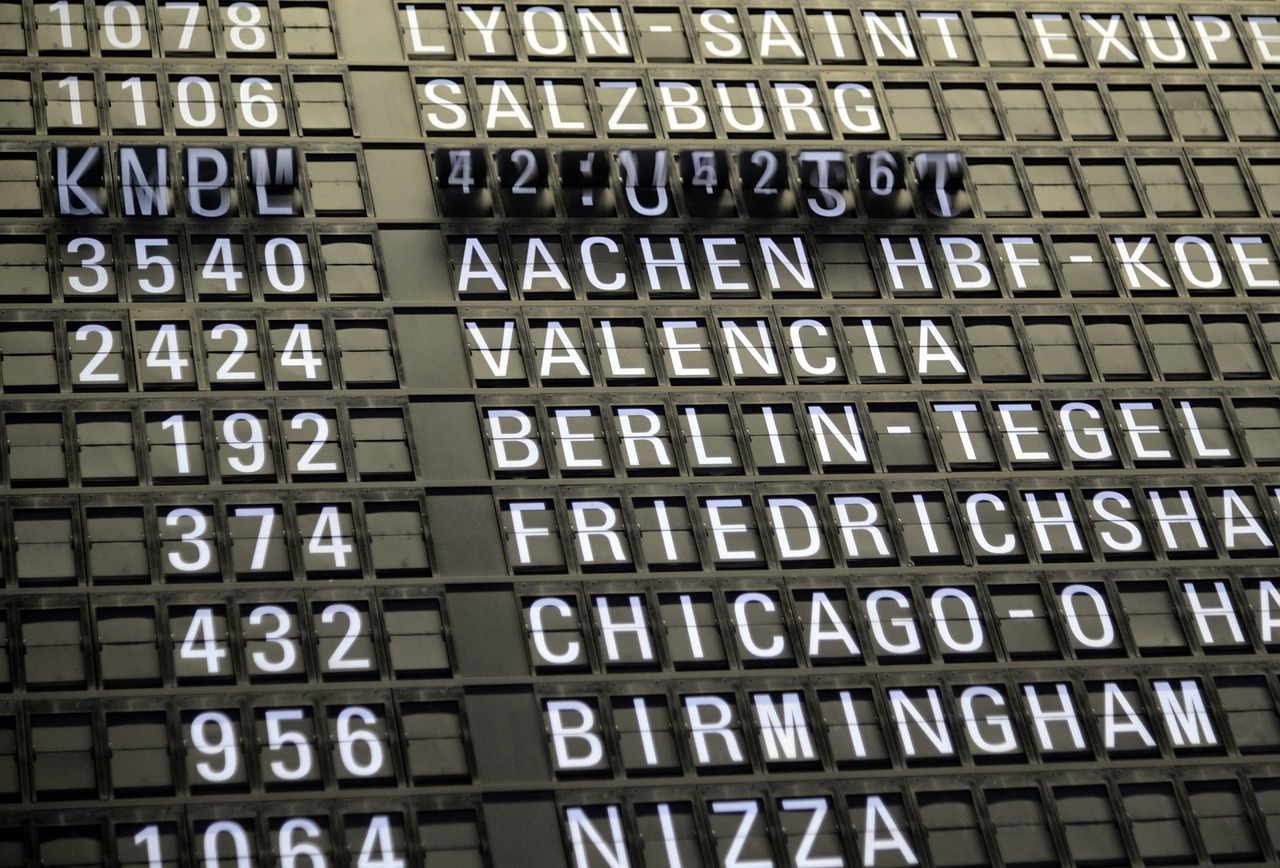
Understanding Madagascar’s Visa Policies
Understanding Madagascar’s visa policies is essential for a successful application. Familiarize yourself with the eVisa eligibility criteria, know the countries not eligible for eVisa, and be aware of the process for visa extensions within Madagascar. Staying informed about these policies ensures that you meet all requirements and avoid common pitfalls in the application process.
eVisa Eligibility Criteria
Understanding the eligibility criteria for the Madagascar eVisa is crucial. Criteria may include nationality, purpose of visit, and duration of stay. Ensure you meet all the specified criteria before applying to avoid unnecessary denials. Checking the latest updates from Madagascar’s immigration authorities can provide the most accurate information.
Countries Not Eligible for eVisa
Not all countries are eligible for the Madagascar eVisa. Currently, nationals from countries like Palestine and Burundi are not eligible. Check the list of eligible countries before applying to ensure that you qualify for the eVisa. If your country is not on the list, consider applying for a traditional visa instead.
Visa Extensions Within Madagascar
If you plan to extend your stay in Madagascar, visa extensions can be requested through the appropriate immigration authorities. Ensure you meet the specific requirements and conditions for an extension. Applying for an extension well before your current visa expires can prevent any legal issues or complications. Knowing the extension process can help you plan your stay more effectively.
„`
Originally posted 2024-08-06 21:58:29.
